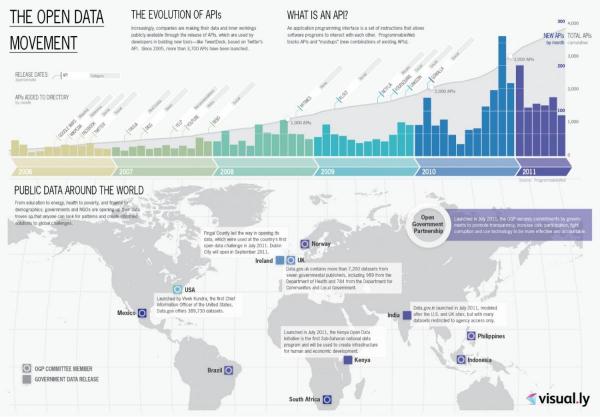Fulfillment - Important Questions and Answers
Submitted by Lori Ayre on Thu, 01/05/2012 - 4:00pmIn case you've wondering what's up with FulfILLment, I thought I'd share this short Q&A piece. It was prepared for a California consortium (thus the reference to a couple of products in use there) but the info is generally useful to everyone. It includes some info I've grabbed from the FulfILLment and Equinox blogs (e.g. underlying architecture). The other info comes from conversations with people who should know these things with a spattering of my own opinion. Oh, and I see Equinox has updated the blog so be sure to go there and read about the Next Generation Discovery Interface component after you get the basics from below....
What is it?
Fulfillment is an open source, resource-sharing (aka ILL) product that will compete with Link+ (Innovative’s INN-Reach product), SuperSearch (SirsiDynix’s URSA product), as well as AutoGraphics Agent Resource-Sharing and RelaisD2D. Who’s developing it? It is being developed by Equinox Software, Inc. under contract with OHIONET.

